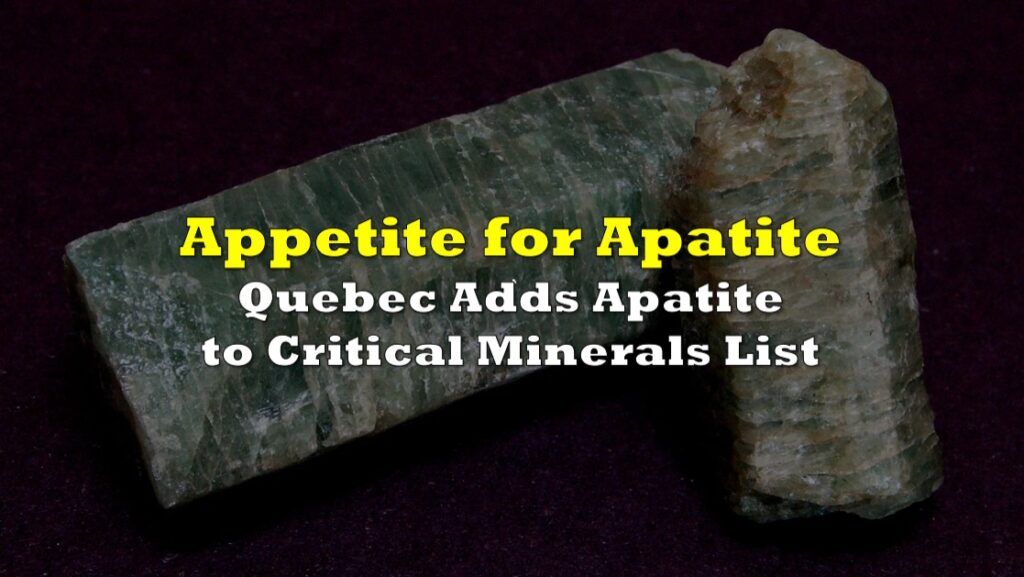A landmark Quebec Superior Court decision is challenging Canada’s established mining claim registration system, requiring prior Indigenous consultation based on potential impacts to cultural practices and non-renewable resources.
The October ruling in Mitchikanibikok Inik First Nation vs. Procureur general du Quebec determined that accepting map designation notices for mining claims requires prior consultation with First Nations. The court found that mineral sampling could negatively affect Indigenous rights, including the ability to conduct cultural and spiritual practices on traditional lands.
Quebec’s Attorney General appealed the decision on November 21, contending that claim registration alone lacks “sufficient potential adverse effects to trigger the duty to consult.” The appeal also opposes retroactive application to existing claims where exploration work is already underway.
“First they are worried that increased consultation will result in significant delays that will affect the feasibility and profitability of a mining project,” Emilie Bundock, partner at Fasken Martineau DuMoulin in Montreal, told the Northern Miner. “Having to spend additional resources is a concern too and they are also worried it brings legal uncertainty to those rights to explore that have already been granted.”
Currently across Canada, exploration companies can secure mining claims through government web portals by selecting map coordinates and paying fees. While regulatory permits are still required, the initial claim registration process is largely automated.
The Quebec ruling follows a similar 2023 British Columbia Supreme Court decision in Gitxaala v. British Columbia, which mandated Indigenous consultation for mineral claims. The B.C. court granted the province 18 months to modernize its tenure system but explicitly protected existing claims, unlike the Quebec decision.
While the ruling directly affects only the Mitchikanibikok Inik (Algonquins of Barriere Lake) territory, it reflects a broader trend in Canadian courts recognizing consultation requirements at the initial claim stage. The appeal process is expected to take several months.
Information for this story was found via the sources and companies mentioned. The author has no securities or affiliations related to the organizations discussed. Not a recommendation to buy or sell. Always do additional research and consult a professional before purchasing a security. The author holds no licenses.









